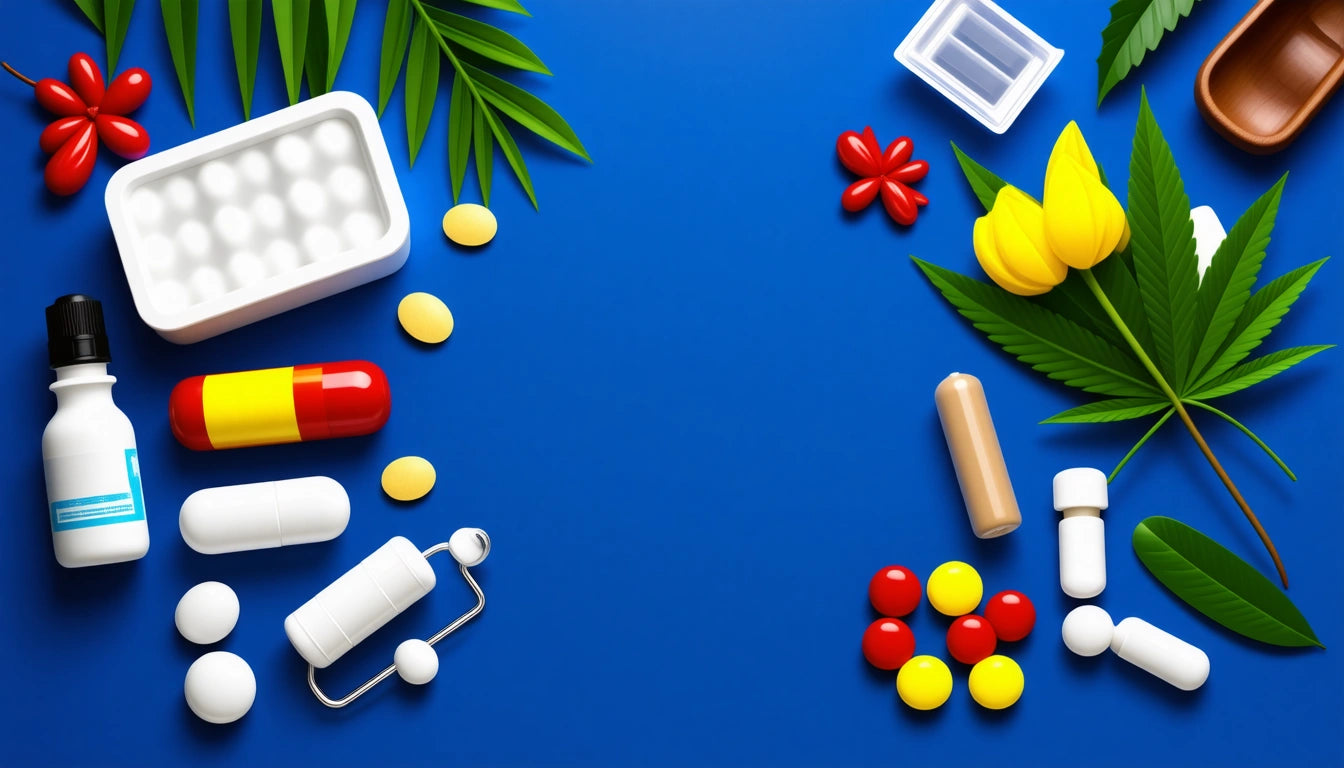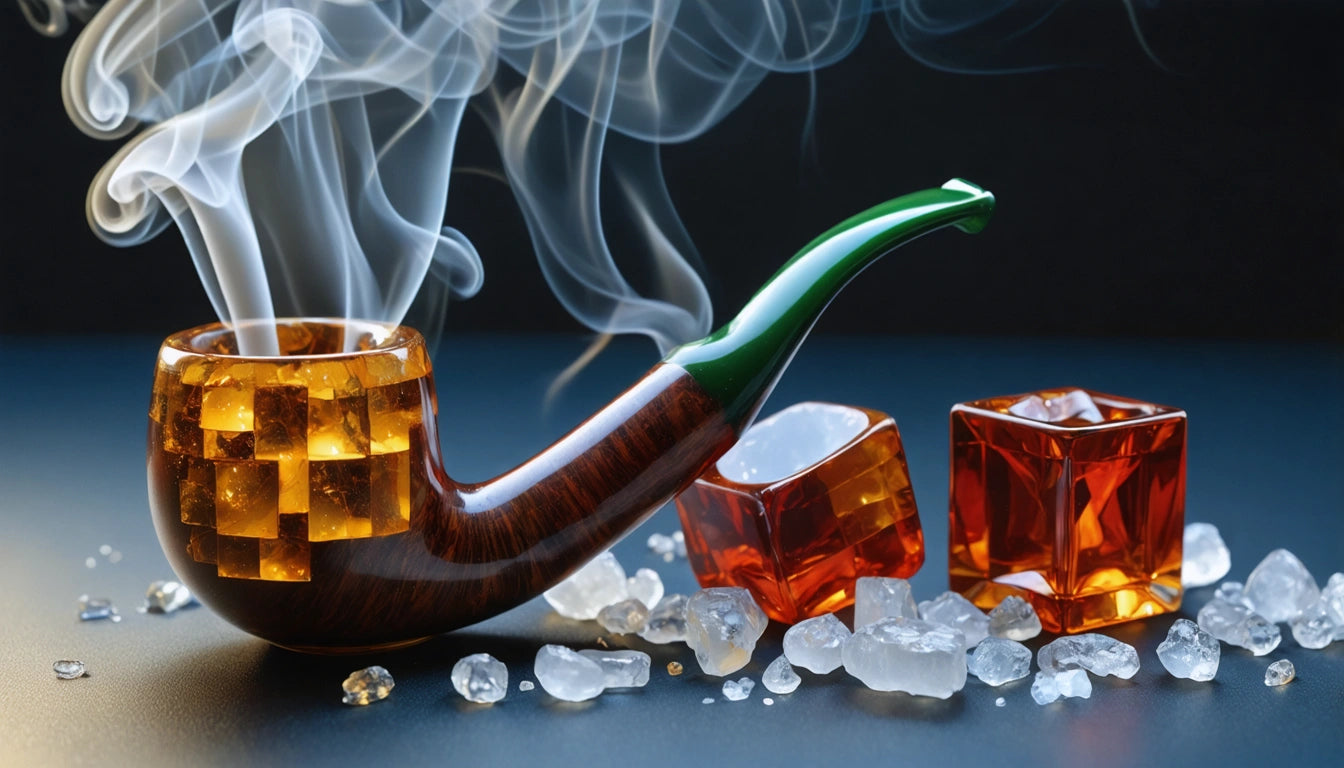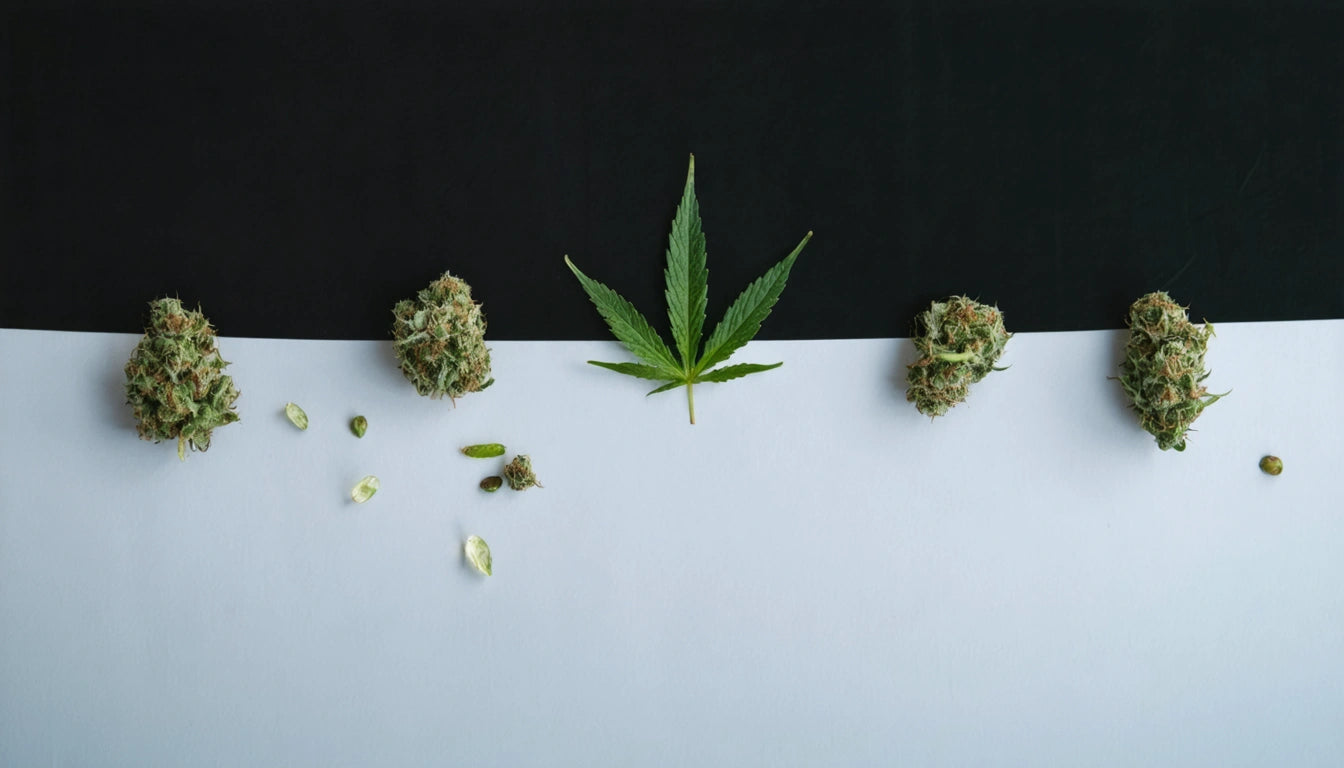Table of Contents
Understanding Hawaii's Laws on Drugs, Edibles, and Prohibited Items
Hawaii's paradise-like setting attracts millions of visitors annually, but navigating the state's regulations regarding substances and prohibited items can be confusing. From cannabis laws to restrictions on edibles and CBD products, understanding what is legal in Hawaii helps residents and tourists alike avoid potential legal issues. This guide explores the current legal landscape of drugs in Hawaii, what items are prohibited, and important considerations for compliance.
Legal Status of Cannabis in Hawaii
Hawaii has a somewhat progressive stance on cannabis, though with significant limitations. In 2000, Hawaii became the first state to legalize medical marijuana through legislative action rather than a ballot initiative. However, recreational use remains illegal.
Medical Cannabis Program
Hawaii's medical cannabis program allows registered patients with qualifying conditions to possess up to 4 ounces (113 grams) of usable cannabis and grow up to 10 plants. Qualifying conditions include:
- Cancer
- Glaucoma
- HIV/AIDS
- Chronic pain
- Severe nausea
- PTSD
- Multiple sclerosis
Patients must register with the Department of Health's Medical Cannabis Registry Program and receive a 329 Card (medical cannabis card). Out-of-state patients can apply for a temporary medical cannabis card valid for 60 days.
Are Edibles Legal in Hawaii?
The question "are edibles legal in Hawaii" has a complex answer. Until recently, Hawaii prohibited the sale of edibles even to medical cannabis patients. However, in 2020, Hawaii enacted Act 230, which amended the state's medical cannabis laws to allow the production and sale of certain cannabis edibles to registered patients.
These edibles are subject to strict regulations:
- They cannot be shaped or designed to appeal to children
- They must be in opaque, child-resistant packaging
- They cannot contain more than 10mg of THC per serving
- Each package cannot contain more than 100mg of THC total
For compliance purposes, many dispensaries utilize specially designed child-resistant containers to ensure their products meet safety regulations while maintaining product freshness.
It's important to note that recreational edibles remain illegal, and possession of edibles without a medical card can result in criminal charges. The legal status of edibles varies significantly across US states, with Hawaii taking a more restrictive approach than some other regions.
Hawaii's CBD Regulations: Understanding the Restrictions
Many people wonder "why did Hawaii ban CBD" when it's widely available in other states. Hawaii hasn't completely banned CBD, but it has implemented stricter regulations than many other states.
In Hawaii, CBD products derived from hemp (containing less than 0.3% THC) are legal under the 2018 Farm Bill. However, Hawaii has additional restrictions:
- CBD food additives and beverages are prohibited
- CBD products must be tested and labeled according to state regulations
- Products must clearly state the CBD and THC content
- Products cannot make medical claims
The state's Department of Health has been particularly cautious about CBD in food and beverages, citing FDA guidelines that have not approved CBD as a food additive. This cautious approach explains why some CBD products readily available in other states are restricted in Hawaii.
Other Controlled Substances in Hawaii
When discussing what drugs are legal in Hawaii, it's important to note that the state generally follows federal controlled substance classifications with some exceptions:
Psychedelics and Mushrooms
Psilocybin mushrooms are classified as Schedule I substances and remain illegal in Hawaii. Unlike some states that have decriminalized or created therapeutic programs for psychedelics, Hawaii maintains criminal penalties for possession and distribution. The legal status of mushrooms continues to evolve nationwide, but Hawaii has not yet joined states like Oregon in reforming these laws.
Alcohol and Tobacco
Alcohol and tobacco are legal for adults 21 and older, with standard regulations regarding public consumption and driving under the influence. Hawaii has one of the nation's strictest tobacco laws, having raised the legal age to 21 before it became federal law.
What Is Illegal to Take From or Possess in Hawaii
Beyond controlled substances, Hawaii has restrictions on various items that visitors and residents should be aware of. The question "what is illegal to take from Hawaii" often arises among tourists.
Protected Natural Resources
It is illegal to take:
- Lava rocks or black sand (considered bad luck and protected)
- Coral, dead or alive
- Native plants, especially those from protected areas
- Artifacts from historical or sacred sites
Agricultural Restrictions
Hawaii has strict agricultural laws to protect its unique ecosystem:
- Most fruits, plants, and seeds cannot be taken out of Hawaii without inspection
- Certain plants cannot be transported between islands
- Some agricultural products require permits for transport
The Hawaii Department of Agriculture maintains inspection stations at airports to enforce these regulations.
Illegal in Hawaii
Items that are illegal to possess in Hawaii include:
- Recreational drugs including cocaine, heroin, methamphetamine, and non-prescribed controlled substances
- Certain types of knives and weapons
- Fireworks without proper permits
- Certain types of fishing gear prohibited for conservation reasons
Cannabis culture in Hawaii continues to evolve, but recreational cannabis remains illegal despite its medical program.
Navigating Hawaii's Drug Laws as a Resident or Visitor
Understanding Hawaii's complex regulations helps both residents and visitors avoid legal complications. For medical cannabis patients, proper registration and documentation are essential. For tourists, recognizing that Hawaii's laws may differ significantly from their home state can prevent unfortunate legal situations.
Hawaii's approach to drug regulation balances respect for traditional medicine, protection of natural resources, and public health concerns. While the state has shown willingness to evolve its policies, particularly regarding medical cannabis, it maintains stricter controls than some mainland states.
As regulations continue to change nationwide, Hawaii's unique island ecosystem and cultural heritage will likely continue to inform its distinct approach to substance regulation and environmental protection. Staying informed about current laws is the best way to enjoy all that Hawaii has to offer while respecting its legal framework.











Leave a comment
All comments are moderated before being published.
This site is protected by hCaptcha and the hCaptcha Privacy Policy and Terms of Service apply.